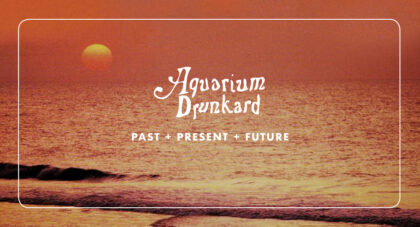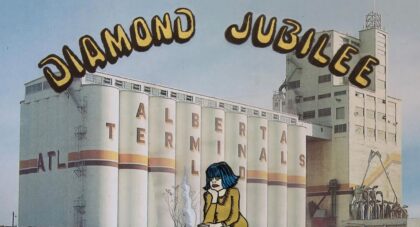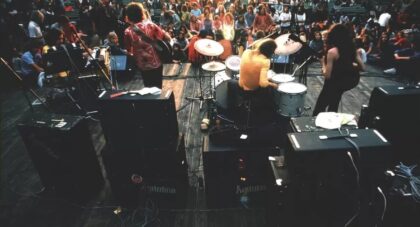Van Dyke Parks is a true conversationalist. He speaks in fluid lines, quickly but with great care devoted to each word. At the moment, the producer, songwriter, and arranger -- who’s worked for Disney, crafted teenage symphonies to God with Brian Wilson, and arranged strings for everyone from Joanna Newsom to Skrillex — is elucidating his feelings about his friend, collaborator and fellow member of the “counter-counter culture,” Harry Nilsson.
“We typified the anarchy, the real anarchy, of the ‘60s,” Parks laughs.
“Anarchy” is an apt a term as there is to describe Harry Nilsson’s career at RCA Records. His recorded works for the label are by turns inspiring, baffling and demented. Nilsson’s 14 studio albums and three discs worth of outtakes, demos, and alternate takes are collected in the sprawling boxset, Nilsson: The RCA Albums Collection. Nilsson’s relationship with the label began with 1967’s Pandemonium Shadow Show and ended with 1977’s KNNILLSSONN, and he spent the time between those points interpreting songs, writing them himself and generally running amok, following his muse where it took him, be it to the depths of the Great American Song Book to cast-off, seemingly improvised numbers like “I Want You to Sit on My Face.”
The set makes for a long, satisfying listen, offering a chance to grasp at the through line that connects Nilsson’s acclaimed classics, Nilsson Schmilsson and Nilsson Sings Newman, to his most thrilling diversions, the animated film soundtrack The Point and the unhinged, John Lennon-assisted Pussy Cats, the musical equivalent of one of the pair’s infamous “Lost Weekends.” His voice is showcased in both immaculate and frayed variations, and his biggest hits, the Fred Neil-penned “Everybody’s Talking” and his mournful take on Badfinger’s “Living Without You,” are placed alongside less-heralded highlights like tropical noir of “Kojack Columbo” from 1975’s Duit On Mon Dei (originally titled God’s Greatest Hits, a title RCA predictably balked at) and the funky grit of “Daylight Has Caught Me,” written with Dr. John and featured on 1976’s …That’s the Way It Is.
Only the good shit. Aquarium Drunkard is powered by its patrons. Keep the servers humming and help us continue doing it by pledging your support.
To continue reading, become a member or log in.


